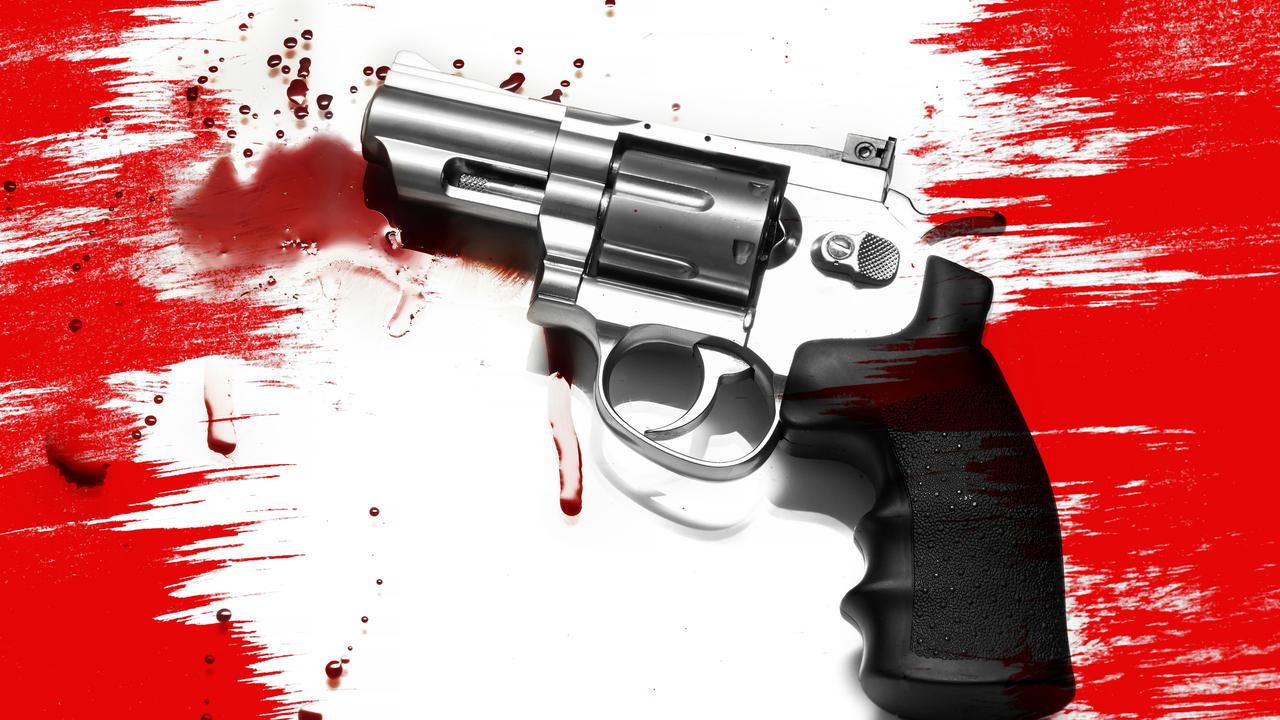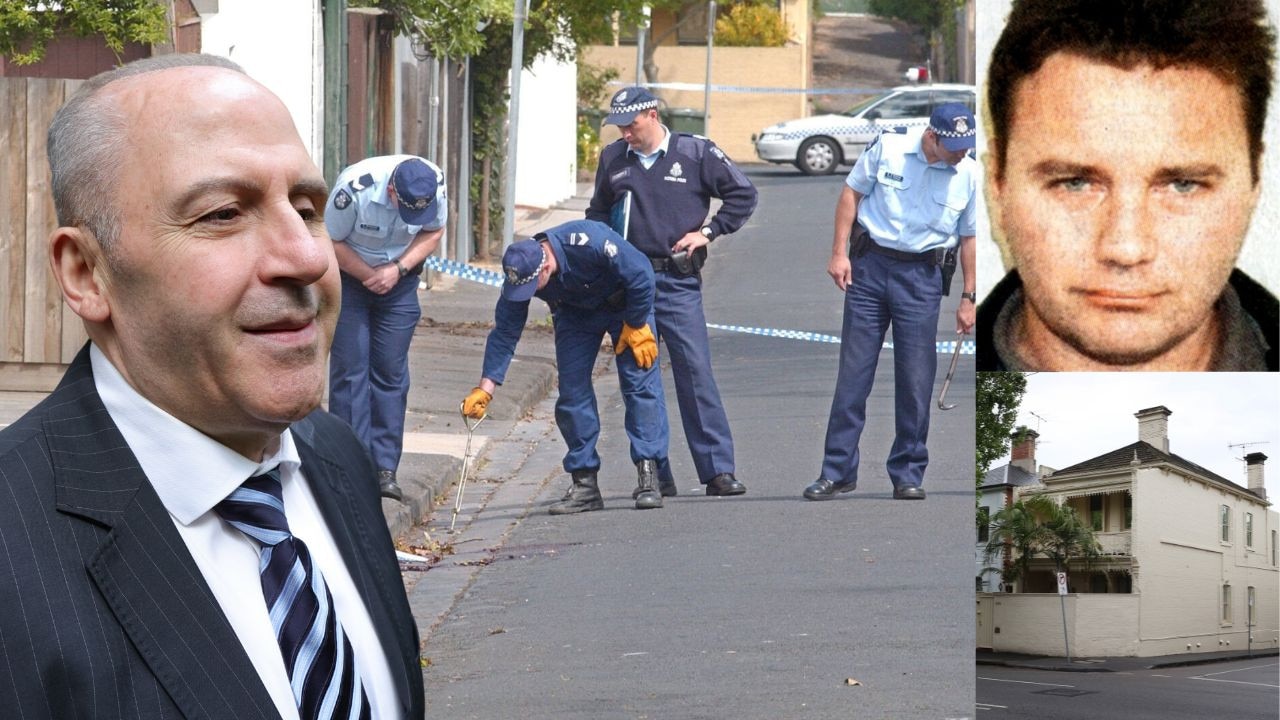Andrew Rule: Interpreters left for dead shows Australia no longer land of fair go
If facing machine gun fire to help Aussie soldiers for $13 a day isn’t grounds for accelerated entry to Australia, this is no longer the land of the fair go.
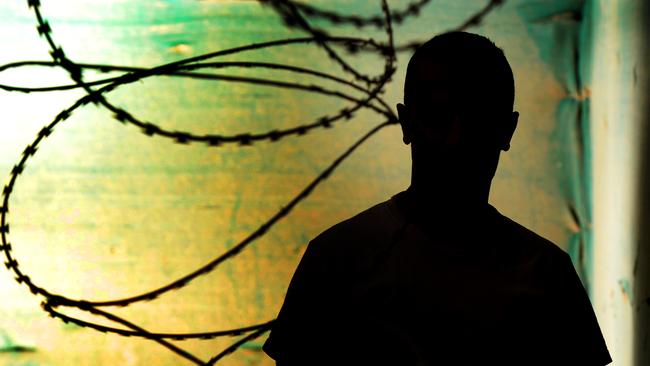
Andrew Rule
Don't miss out on the headlines from Andrew Rule. Followed categories will be added to My News.
Peter Temple fell in love with Australia in an instant late one night in gritty inner-suburban Sydney.
He was waiting for a bus next to a couple of apprentice printers when an older man lurched up and sat beside them, swaying and singing.
Two bored young cops stopped their patrol car, told the drunk to stand up then said they were going to lock him up. Temple (as he wrote much later) looked away to avoid something that wasn’t his business. Where he comes from in South Africa, no one argues with police.
But the young printers were different.
“Fair go, mate,” one said to the police. “What’s he done?”
One cop told him to “piss off” but the printer dug in.
“Done bugger all,” he said, then suggested the cops try catching “real crims.”
Then his mate upped the ante. “He’s with us,” he said, gesturing to the drunk. “We’re looking after him.”
The cops weren’t happy but they left the drunk alone and stalked back to their car.
That was the moment, Temple wrote, he fell for “a country where ordinary people were so little in awe of authority” that they would cheerfully defy armed men in uniform just to help a stranger.
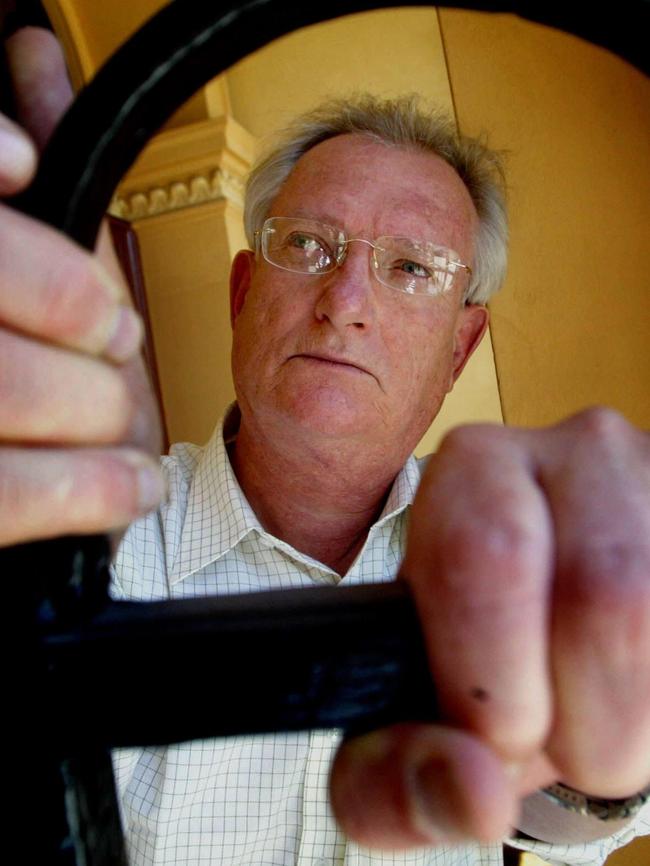
For him, it was the perfect example of “the fair go.”
Peter Temple would become one of the best (transplanted) Australian writers of his generation before he died three years ago.
His novels were tough, wise and witty but always reflected the notion of the fair go and scepticism of authority in his adopted country.
An attitude, some would say, born in the bush and cultivated in depressions, droughts — and wars.
So you have to wonder what Temple would make of the fact that Australia is as guilty as any other allied country of being careless, callous and ungrateful when it comes to saving the interpreters who risked their lives to help soldiers against the Taliban in Afghanistan.
Nothing is simple, of course, including the immigration of people from war zones in third world countries, where exotic diseases are a good reason to be careful about potential migrants — and where toxic ideology could plant a “sleeper” terrorist.
But it’s not as if the Australian authorities haven’t had plenty of time to do the right thing. And it is not as if anyone recruited as a defence force interpreter hasn’t been thoroughly vetted.
It would be easy to get frank references from Australians who served alongside them.
Many who served in Afghanistan are appalled at Canberra’s sluggish response to the horror of Taliban retribution killings that terrify former interpreters and their families.
A retired major, Stuart McCarthy, made news last week by burning his Afghanistan service medal in disgust.
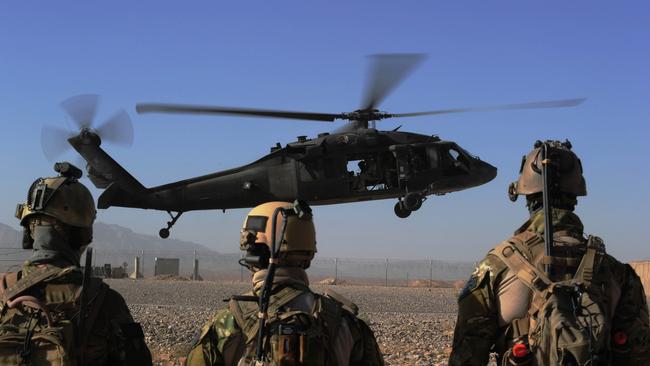
No doubt some Government hack will try to write off Major McCarthy as some deranged veteran to downplay the shameful truth of what he says.
It’s hardly new.
When I reported from Australia’s army bases in Afghanistan in 2012, the question of what would happen to the brave men the Diggers call “terps” was already troubling good-hearted Australians committed to the idea of a fair go.
Up to 1000 Afghans worked with Australians either as interpreters, security guards or other trusted positions — and so had become targets of Taliban vengeance.
This is the story of one of them. Let’s say the Diggers nicknamed him “Neddy” because his real name was a mouthful and his real nickname might still pose a risk.
The Aussies liked him — and not just because he could speak four languages, although that’s handy in an interpreter.
They liked him because when the shooting started and bombs exploded, they could rely on him. He was slightly built and looked young but was as game as Ned Kelly.
He started working with Australian troops in 2009. Before that he was a teenage medic in the Afghan National Army: a man’s job at maybe 16. Like most Afghans, he was unsure of his age.
His family had spent years as refugees in Pakistan, where he learned English to add to Urdu and Dari and his native Pashto.
As an Australian interpreter, he got about $20 a day. But if he went “outside the wire” with the troops, he got $13 extra. It’s not a lot to get shot at — and to risk Taliban death squads — but it was all he and his family had.
Working unarmed in a war zone, he could get killed but couldn’t defend himself.
He knew he was a Taliban target because, like them, he’s a Pashtun. The one thing insurgents hate more than infidels are fellow Afghans who help them.
Neddy needed the money. He sent it home to support his widowed mother and 11 brothers and sisters.
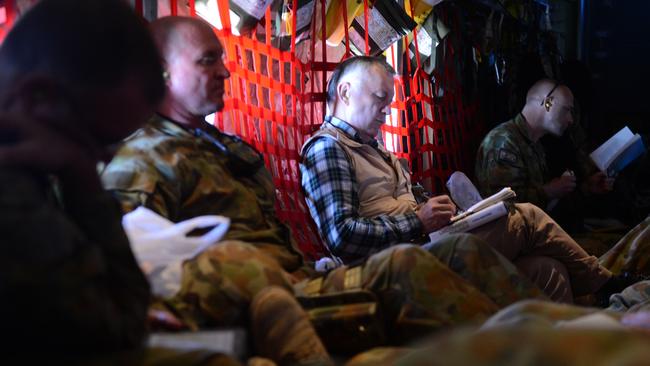
In mid-2011, he was with a patrol of Australians and Afghan soldiers near Mashal in the Chora Valley when a homemade bomb went off, immediately followed by an ambush.
The Australians could see that one of their Afghan allies had been wounded. Neddy wasn’t paid to face machine gun fire but did it anyway.
He stayed in the danger zone with three Australians, helped roll the wounded man onto a stretcher and carry him back to load on a helicopter to take him to hospital.
Because he’d been a medic, he could help the Australian “first aider” apply tourniquets to stop the man bleeding to death.
The wounded man lived. And Neddy kept volunteering to go outside the wire because his family needed that $13 a day. Besides, the Australians liked him to go with them, not always the case in a place where treachery is feared.
Out of 10 consecutive patrols Neddy worked in one stretch in 2010, eight were ambushed or struck an improvised explosive device.
Two years earlier, he was in a convoy hit by a car packed with explosives and driven by a suicide bomber.
He saw one man die and two terribly injured that day. On another occasion, at another bombing, he saved a man’s life.
These experiences scarred him. But what really scared him, he told me, was being identified while on patrol.
He knew this because his mother showed him a Taliban “night letter” found attached to the family’s front door one morning. It said if he didn’t quit working for Christians they would kill him and the family.
Local authorities suggested he flee to India. But without his wages the family would not survive, so he went back to work in the Chora Valley near Tarin Kot military base, which is where I met him.
One reason for the meeting was that a young Australian lieutenant who had been with him under fire had pointed him out as a deserving case — deserving to be allowed to migrate to Australia when the allies left Afghanistan, as they now are.
Some senior officers take a hard-line approach to the plight of interpreters and other essential helpers left to the mercy of the Taliban when the Coalition forces finish with them.
It’s easier that way, especially for senior officers who don’t see action.
It’s easier for them and their natural allies, politicians and bureaucrats, to argue that people like Neddy are only hired help and paid to take risks.
To active soldiers who risked their lives with people like Neddy, this seems like stamping on the fingers of drowning people trying to climb in a lifeboat.
Of course, we civilians could just as easily apply the same callous logic to Australian military people injured because they put themselves in harm’s way for pay.
It’s not really about pay.
The appalling fate of those left behind is actually a moral question that is muddied because it’s being weighed up along with the usual political and financial pros and cons of admitting any migrants from anywhere.
The reality, you’d hope, is that the spectre of revenge killings of people who served Australia should unclog the usual channels for a few hundred people who risked their lives working alongside our troops.
Who knows if Neddy made it here safely? Someone out there might.
One Australian officer I met gave Neddy his email address so they could stay in touch. Another wrote a statement outlining his service with the Diggers. Others slipped him a few extra dollars for his mother.
They remember that day when the bomb went off and the Taliban machine guns opened up. Some well-armed Afghan soldiers ran away and hid, but Neddy stuck by his Australian mates.
If that’s not grounds for accelerated entry to Australia, this is no longer the land of the fair go, the one that Peter Temple fell in love with on that long-ago night.
Here’s a question for Canberra. If we don’t do the honourable thing by Neddy and his like, what can we say if powerful allies turn their backs on Australia in the troubled times ahead?




